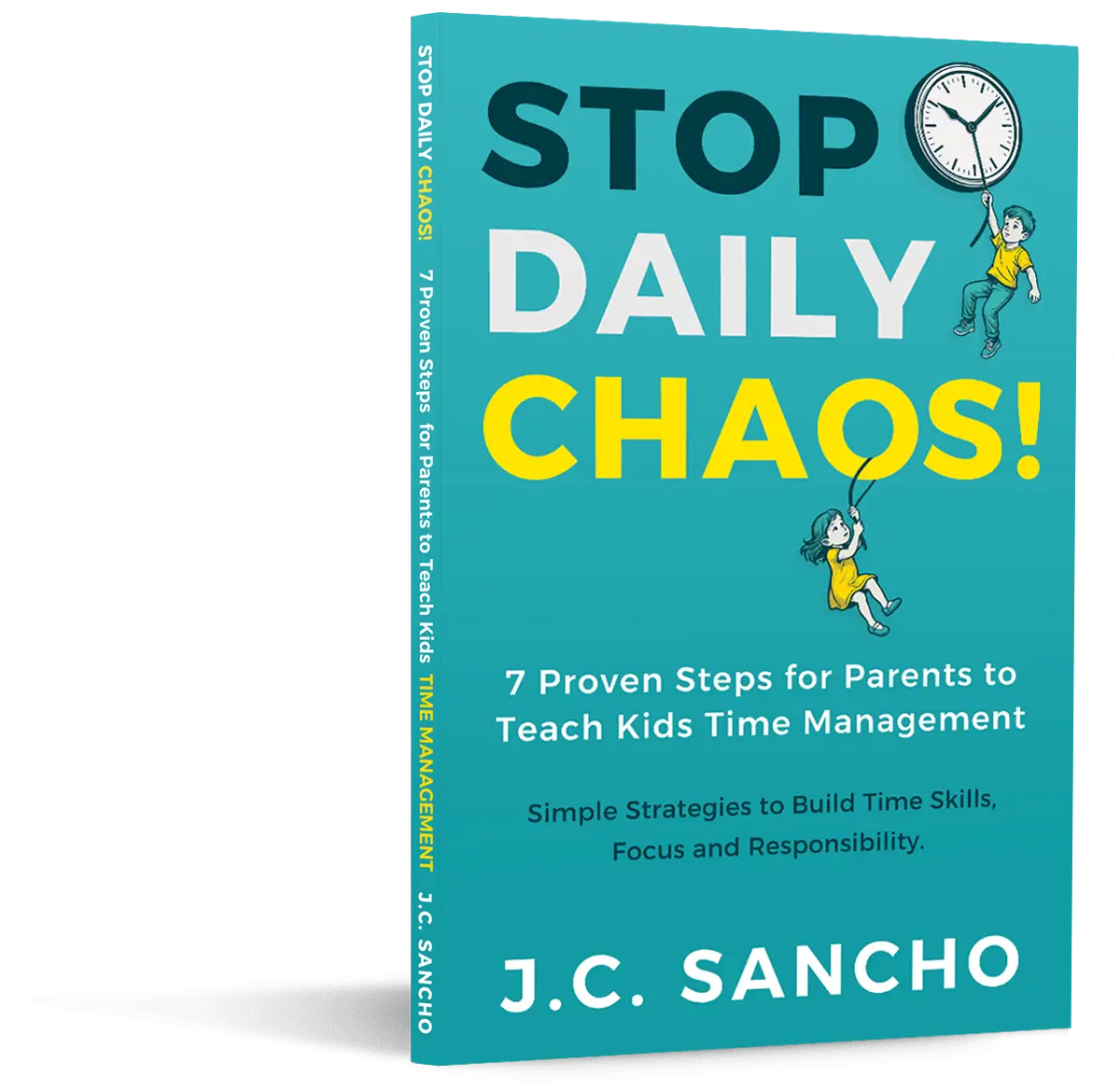Teaching Kids Planning Skills: Empowering Their Future with Calendars and Organization
As parents, we constantly strive to equip our children with the skills they need to thrive in an ever-changing world. Among these essential life skills is the ability to plan effectively. When we teach kids planning, calendars become their allies, and organization transforms from a mundane task into a powerful tool for success.
Planning is more than just knowing what’s coming next; it’s about setting goals, managing time, prioritizing tasks, and tracking progress. It’s about taking control of one’s life rather than being swept along by the current of events. And like any other skill, it can be taught and nurtured from a young age.
So how do we impart this important skill to our young ones? The answer lies in making planning tangible and fun through tools such as calendars and checklists. Let’s explore some strategies that can help your child embrace planning as a part of their daily routine.
The Magic of Calendars: Teaching Time Management
A calendar is more than just a collection of dates; it’s a visual representation of time. By introducing calendars early on, you’re teaching your child that time is finite and valuable. It can help them visualize the flow of days, weeks, and months, understand the concept of deadlines, and appreciate the importance of preparation.
To start with, get your child a simple wall calendar or a planner they can call their own. Encourage them to mark important dates like birthdays or school events. For younger children, colorful stickers or drawings can make this activity more engaging. As they grow older, they can begin to add more detailed entries like homework due dates or practice schedules.
Make reviewing the calendar a part of your daily routine. This could be during breakfast or before bedtime. Discuss upcoming events or tasks and talk about how to prepare for them. This not only helps your child stay on top of their schedule but also fosters open communication and mutual respect.
Remember, the goal is not to micromanage your child’s time but to help them become more aware of it. Encourage them to take charge of their calendar and make decisions about their time. If they feel ownership over their schedule, they are more likely to stick to it and appreciate the value of planning.
Checklists: Making Tasks Manageable
If calendars help children perceive time, checklists help break tasks into manageable chunks. A checklist transforms a daunting project into a series of achievable steps, making the task less overwhelming and more approachable.
Like with calendars, start simple. This could be a checklist for morning routines or weekend chores. Make sure the tasks are age-appropriate and clear-cut. For instance, ‘Clean your room’ is vague and can seem like a huge task for a child. Instead, break it down into smaller tasks like ‘Pick up toys’, ‘Make the bed’, or ‘Put dirty clothes in laundry basket’.
As your child becomes comfortable with using checklists, encourage them to create their own for school projects or personal goals. Guide them in breaking down larger tasks into smaller steps and estimating how much time each step might take. This will not only teach them how to plan a project but also give them insight into their own working style and pace.
It’s important to celebrate when tasks are completed and checked off. The sense of accomplishment that comes from ticking off items on a checklist can motivate your child to tackle other tasks with enthusiasm.
Fostering Organization Skills: The Art of Keeping Things in Order
Beyond calendars and checklists, teaching kids planning also involves fostering organization skills. Being organized is about knowing where things are, keeping spaces tidy, and having a system for tracking tasks and responsibilities.
Encourage your child to keep their spaces clean and their belongings in order. This could be as simple as designating specific places for their shoes, backpacks, or toys. Teach them the value of decluttering by regularly going through their things and donating items they no longer need or use.
Help your child develop a system for organizing their schoolwork. This could involve color-coded folders for different subjects, a notebook for recording assignments, or a bulletin board for displaying important reminders. Show them how staying organized can make their life easier and less stressful.
Again, the key is to let your child take ownership of their organization system. The more involved they are in creating it, the more likely they are to use it consistently. And consistency is important when it comes to developing good organization habits.
Teaching Kids Planning: Calendars, Checklists and Organization as Life Skills
Incorporating calendars and checklists into your child’s life teaches them not just about time management and task completion but also about responsibility, self-discipline, problem-solving, and decision-making. These are valuable life skills that will serve them well beyond their school years.
As parents, our role is to guide our children without doing the work for them. We should provide support when needed but allow them space to make mistakes and learn from them. After all, planning is not just about getting things done; it’s also about growing as individuals.
The journey towards effective planning might be filled with missed deadlines or forgotten tasks. But each setback offers an opportunity for learning and improvement. Encourage your child to reflect on what went wrong and how they can do better next time. This will help them develop resilience and a growth mindset, both of which are essential for success in any area of life.
Teaching kids planning, using calendars, and instilling organization skills is not an overnight process. It requires patience, persistence, and plenty of practice. But the rewards — seeing your child become more confident, independent, and capable — make all the effort worthwhile.
A Reflective Pause: The Importance of Teaching Kids Planning
As we navigate through this journey of teaching kids planning, calendars become our visual aids, checklists our roadmaps, and organization skills the compass guiding us. We are not just teaching our children to manage their time or complete their tasks; we are shaping their future selves — individuals who can set goals, make informed decisions, tackle challenges head-on, and take charge of their own lives.
The beauty of this journey lies not in its destination but in the moments along the way – when we see our children grow from being dependent on us to becoming self-reliant; when they cease to view chores as burdens and start seeing them as responsibilities; when they stop fearing big projects and start breaking them down into manageable tasks.
These are the moments that remind us why we embarked on this journey in the first place. Because ultimately, when we teach kids planning, use calendars for time management, and foster organization skills — we aren’t just preparing them for school or for work. We’re preparing them for life.



